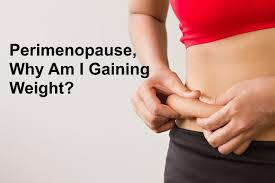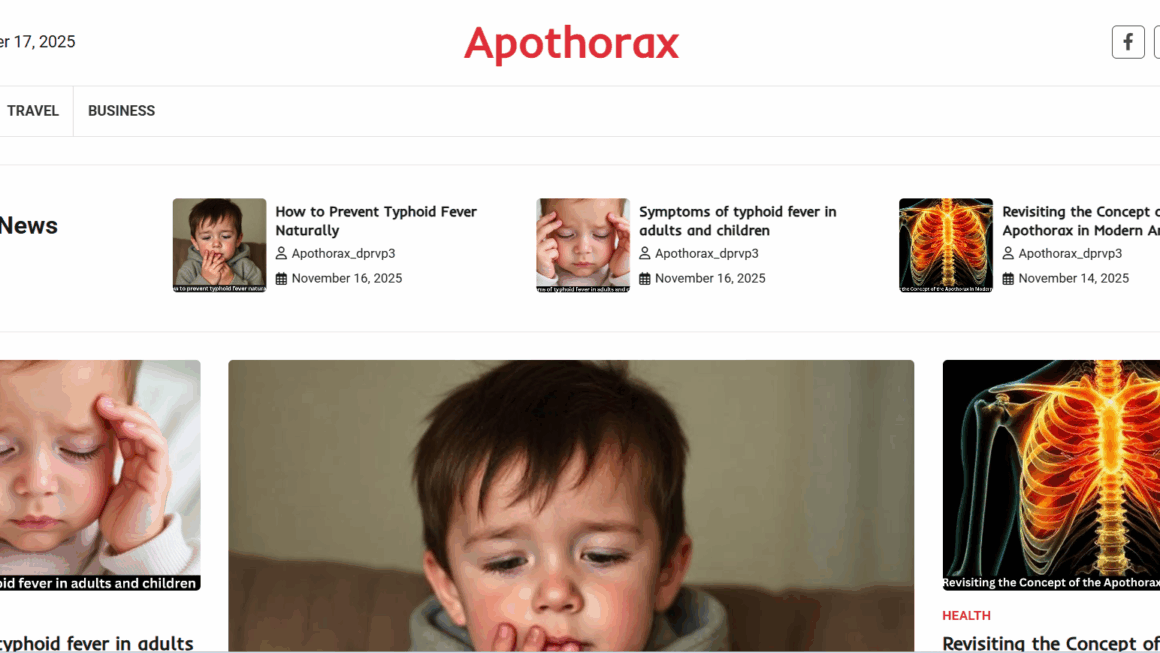Women gain weight around the menopause time and they often experience mood swings. They are found to be irritable and less balanced. Hormones and their regulation play a significant role in women during the menopause stage. Women with regular exercise and a balanced diet are better equipped to tackle this phase and so it is always recommended to lead active lives.
What Is Menopause?
Menopause means the permanent end of menstruation and it happens due to the decline of sex hormones. The age and symptoms may vary from woman to woman.
What Is Perimenopause?
It is the transitional phase leading to menopause and to put it simply it is several years before menopause. It is during this phase that rapid decline of the hormones starts and it culminates in menopause. It also signals the ending of the reproductive age in women. It usually occurs 3-4 years before menopause. It is during this period that ovaries start reducing the amount of estrogen produced.
It occurs during mid-forties or late forties and the age may differ greatly from woman to woman. During this period a woman may experience change in her menstrual cycle.
Symptoms Associated With Perimenopause
The symptoms and the age of the onset of Perimenopause varies from woman to woman but still there are some common symptoms and they are
- Change in the length and flow of the periods.
- Hot flushes.
- Constant tiredness and loss of zest.
- Decreased sex drive.
- Bloating.
- Vaginal dryness.
- Breast tenderness.
- Mood swings.
- Severe anxiety and depression.
- Urinary incontinence.
- Aches in joints.
- Muscular pain.
- Weight gain.
Mood Changes
The main cause of these mood swings may be due to sleep disturbance due to hot flushes. It may not be due to hormonal factors and most women undergo midlife crisis during this period. Sometimes it might be minor irritability sometimes it may lead to severe depression.
Vaginal Dryness
When estrogen level decreases a woman may experience less lubrication and elasticity which makes intercourse painful. This can also cause vaginal infections. This is caused mainly due to vaginal tissues losing lubrication and elasticity.
Increased Risk Of Osteoporosis
When estrogen level decreases there is greater risk of losing bone density and this causes osteoporosis. The estrogen maintains the metabolism of the bone and when this is disturbed and when calcium is not replaced osteoporosis sets in. Overtime there is sudden decline in calcium stores and this is the root cause for bone density loss. This could be prevented with regular exercise.
Hot Flushes
It is caused as heat rises over the neck and facial tissues of a woman’s body and it is characterised by profuse sweating. Sometimes this might occur even after menopause and this is caused by decline in estrogen. This hot flushes is experienced even in cold weather.
Disturbed Sleep
Night sweats can occur at night and this may affect normal sleep. This night sweat may awaken women from sleep and they tend to fall a prey to insomnia. They become irritable and face anxiety issues to handle day to day issues and all this is caused due to night sweat induced insomnia.
Weight Gain
With erratic production of estrogen there is fluid retention in the body and this leads to overall swelling of the body. This estrogen also affects appetite and there is increased hunger. Women gain a significant amount of body fat during this period.
Bladder Problems
This period is marked by frequent urinary tract infections in some women. Some women may feel the urge to urinate more frequently. Sometimes women experience urine leak during sneezing and coughing.
How Is It Diagnosed?
If a woman experiences shorter or longer duration of periods then, she needs to consult a medical professional. Some women may experience painful periods too. The gynaecologist confirms this by certain tests and they are
- Complete blood count.
- Lipid profile.
- Thyroid functioning.
- Bone density test depending on the severity of the problem.
Lifestyle Changes To Be Adopted During Perimenopause
Diet
Include lot of fresh vegetables and fruits into your diet.
Exercise
Exercise and weight bearing exercises are non-negotiable. It can be walking or any aerobic activity and it should be done daily for 30 minutes.
Dietary Supplements
Include omega 3 in your diet. Fortified milk, cheese and yogurt should be consumed regularly.
Manage Stress
If stress is managed then, half the problem is won. So manage stress to make your life better.
Lead a healthy life to get away with these symptoms.












